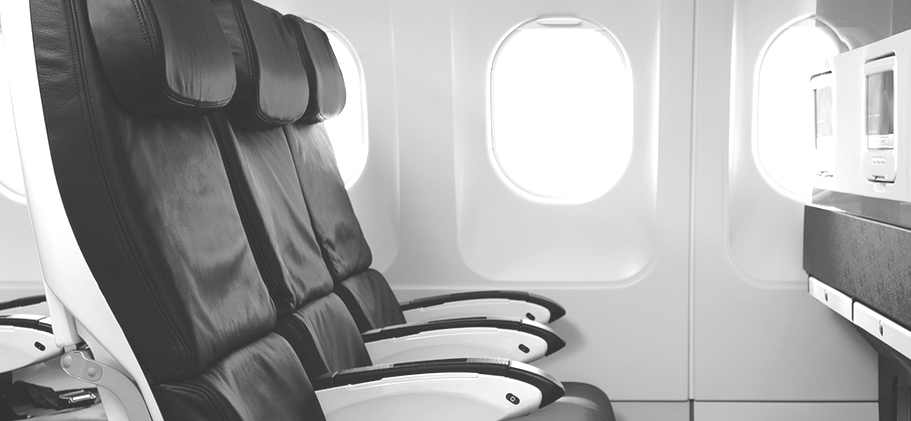Bigger is better.
Consolidate, consolidate, consolidate.
Such is the mantra of the travel industry, where 80 percent of U.S. domestic air traffic is controlled by just four airlines, and Marriott is in a bidding war to acquire Starwood to create the world’s largest hotel company.
Next up for airline mergers? Yesterday, most industry-watchers would have pointed to Frontier and Spirit, the two ultra-low-cost carriers that are widely assumed to be destined to combine.
That expectation was unsettled if not quashed by today’s Bloomberg story that Virgin America is looking to sell itself:
Virgin America Inc., the airline backed by U.K. billionaire Richard Branson, is reaching out to potential buyers about a sale of part or all of the company, people with knowledge of the matter said.
RELATED: Spirit Has the Profits. Now It Wants the Love
No specifics. No decisions have been made. And “Virgin America may choose not to pursue a sale.” Still, the report was taken very seriously by Wall Street, where Virgin America shares shot up as much as 15 percent in early buying, before trading was suspended temporarily.
Virgin America has a lot going for itself, if you’re a traveler. Newish planes, comfortable seating, advanced inflight entertainment, a cool vibe. But the airline’s singular personality, which has made it a hit with flyers, also makes it an improbable merger partner.
Spirit and Frontier match up well in a merger scenario. In addition to their similar “bare fares” pricing, both airlines operate all-Airbus fleets, and both use the New Skies reservations system for bookings.
On paper, the best fit with Virgin America would be JetBlue. Airbus fleets. Somewhat complementary route networks. Both strive for hipness, although there are differences in emphasis. An argument could be made.
Of course, the eventual buyer, if there is one, may not be another airline at all. It might be a hotel group, looking for synergies between its properties and Virgin America’s destinations. It might be a holding company, looking for exposure to the travel industry, which is robustly profitable right now.
Travelers’ best hope, in fact, is that the buyer is not another airline. Because for consumers, bigger is not better.
Reader Reality Check
A JetBlue-Virgin America merger: yay or nay?
After 20 years working in the travel industry, and almost that long writing about it, Tim Winship knows a thing or two about travel. Follow him on Twitter @twinship.
This article first appeared on SmarterTravel.com, where Tim Winship is Editor-at-Large.


Delta makes a lot of sense.
They get the flow to possibly build out a bigger international presence.
The international connector will go airside in a few years.
And they get to further stick it to UA in a fast growing market.
Outside of picking up planes, I’m not sure what VX bring to B6 that they couldn’t do themselves. I would love to see Virgin America here at CVG. The product looks nice and Delta could use some company here. But the fact they aren’t here shows the weakness in their business model. Are they hip? Yes and that’s great for the product. But they extend that hipness to their route network. They want to serve places that are hip. The problem? So does everyone else which means they always encounter a tremendous amount of competition. While the big 3 serve the main markets at low prices (think NYC-LAX for $250), they can afford to because they print money on less hip routes like CVG-MSP. VX doesn’t have any routes they bank on so they’re competing on everything.
Look at EWR-SFO. There’s no way they’re going to compete with UA’s schedule and UA will drop the bottom out of the price while fielding many more flights. Now if VX deployed that equipment to run CVG-SFO instead they’re competing with one DL flight a day that is ridiculously priced. F9 announced adding the route because they’re smart and care more about making money than being hip.
When VX starts realizing that the best use of their limited amount of planes is not to schedule routes that everyone flies, maybe they’ll provide value to a suitor. Until then, I’m not sure they offer anything that a carrier couldn’t add themselves or already do.
“I’m not sure they offer anything that a carrier couldn’t add themselves or already do.” Agreed… which is what seems to make the merger scenario an unlikely one. But maybe that’s to give would-be buyers too much credit…